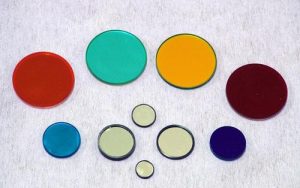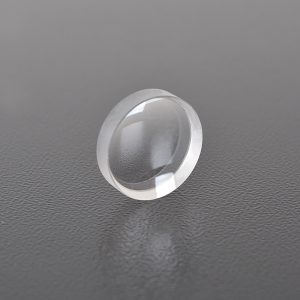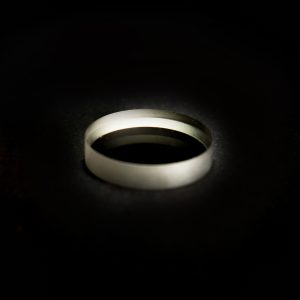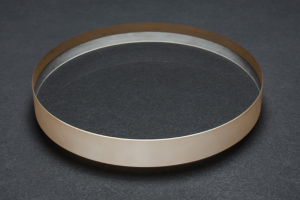With the accelerated development of artificial intelligence products this year, many intelligent product companies need to use infrared filters for infrared sensing. It can be said that infrared filters are an indispensable key component in intelligent products.
Recently, many customers who have just started using “Borisun Optics” infrared filters asked us about the use of this material. Due to their initial exposure to this product, their knowledge in many aspects is not very clear. Therefore, as the source supplier of infrared filters, we have summarized the eight major issues related to infrared filters for everyone.
1、 Material of infrared filter
Generally speaking, the materials of infrared filters are divided into glass and plastic (acrylic), and in most intelligent products, acrylic material is used. Because the infrared filter made of acrylic material has the characteristics of strong plasticity, convenient processing, low cost, and wide applicability, it is applied in the field of intelligent products.
2、 Thickness of infrared filter
At present, there are five thicknesses of infrared filters: 1.0mm, 1.2mm, 1.5mm, 2.0mm, and 3.0mm. The most commonly used thicknesses are 1.0mm and 1.5mm.
3、 Hardness of infrared filters
The ordinary hardness of the infrared filter made of acrylic material is 2H, and the hardness after ordinary hardening is 4H, which can be hardened to 6H. For general intelligent products, most infrared filters with a hardness of 2H are sufficient, except for some products with special requirements for hardness.
4、 Waveband of infrared filters
The main function of infrared filters is to pass through infrared light and screen out visible light (natural light). Infrared light is a type of light that cannot be seen by the naked eye. Generally speaking, the working wavelength of intelligent products is between 850nm-950nm. Therefore, the wavelength range of acrylic infrared filters is 700nm-1600nm, which means that starting from the 700nm wavelength, they can pass through infrared, with a peak value between 850nm-1100nm and an infrared transmittance of 92%, It can completely meet the requirements.
5、 Are there any infrared filters with higher transmittance available?
Some infrared radar rangefinders, in order to make infrared sensing more sensitive, the ordinary 92% infrared penetration rate cannot meet their needs, and the product function requires a transmittance of over 96%. What methods can be achieved. At this point, there is a method to solve this problem, which is to coat the acrylic infrared filter with an optical evaporation film, thereby improving the infrared transmittance by over 96%.
6、 Will hardening the infrared filter affect the penetration rate?
Some customers are concerned that the hardening treatment of the infrared filter may affect its penetration rate. In fact, the principle of hardening infrared filters is to improve their hardness and physical properties. A layer of hardening is added to the surface to increase its surface hardness, but it will not have any impact on the penetration rate of infrared filters.
7、 What are the processing methods for infrared filters
Some customers ask if the shape of the infrared filter can be processed according to demand, and what machine is used for cutting?
The infrared filter material is acrylic, which can be cut by laser or processed by CNC.
Generally, for planar two-dimensional shapes or those with low requirements for dimensional accuracy, laser cutting is sufficient, while for three-dimensional shapes and those with high requirements for dimensional accuracy, CNC machining is required.
8、 Will single-sided application of 3M double-sided adhesive on an infrared filter affect infrared penetration?
A customer asked if they need to use double-sided adhesive or glue to assemble infrared filters on certain intelligent products. Will this affect its penetration rate?
The answer is that it will have a certain impact, because double-sided adhesive is a mediator that will block infrared light to a certain extent.




